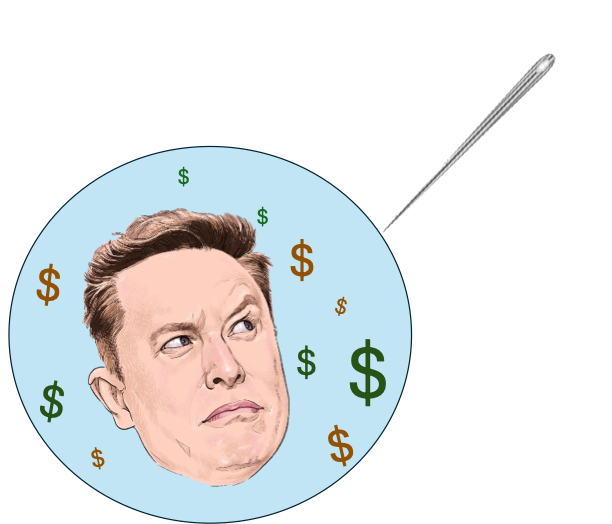Updated: Aug 6, 2020
Over the past year, we’ve seen an extraordinary worldwide change, sparked by teenage campaigner Greta Thunberg. Millions of ordinary citizens are pausing everyday life to take to the streets and fight for climate justice. From Veganuary to plastic-free homes, it seems that almost everybody is pushing in the same direction. So how is it that £1 in every £7 of UK pension money is most likely invested in BP and Shell? This is one of the hard-hitting questions put forward by co-founders of Ethical Compass Management, Ben Holden and Jon Maguire in boardrooms up and down the country. This radically honest duo has made it their mission to put our money to better use, and they’re not afraid to ruffle a few feathers along the way.
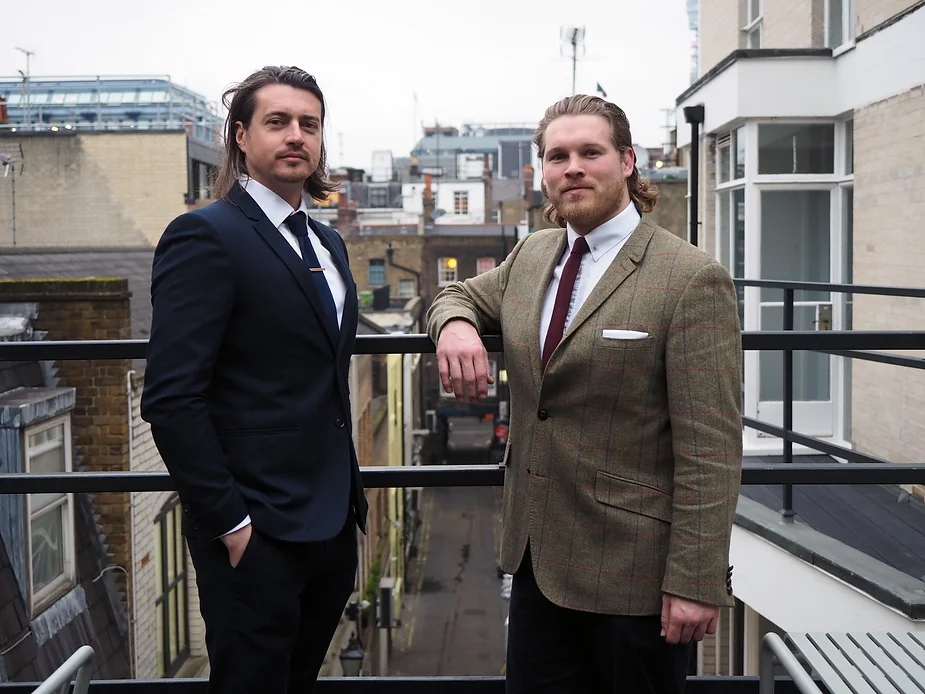
So, what’s really going on with our pensions?
Ben: Well, the responsibility of pension funds has traditionally been focused single-handedly on achieving financial returns to pay out to pensioners each year. Unfortunately, this has often been to the detriment of other stakeholders, including our environment and society, but it doesn’t have to be. Our money could be put into investment opportunities which make a positive impact and a healthy return. It might surprise some people to know how their money is being invested – such as in pornography, tobacco, oil and weapons, when it could be used for good.
The pension fund industry is expected to rise to £61 trillion next year in assets under management, so there’s enormous potential for positive impact, if we choose to harness it.
Jon: The issue is that pensions are very opaque currently, and it’s a pretty dry topic. A lot of people have a pension, whether it’s a workplace pension or private pension but there’s this huge disconnect between the consumer, their money and what it’s doing. Nobody asks about it – except looking at the financial performance. Because it’s traditionally been such a closed industry, there often aren’t enough vehicles and mechanics in place for consumers to communicate effectively with the fund managers or even find out where their money is going.
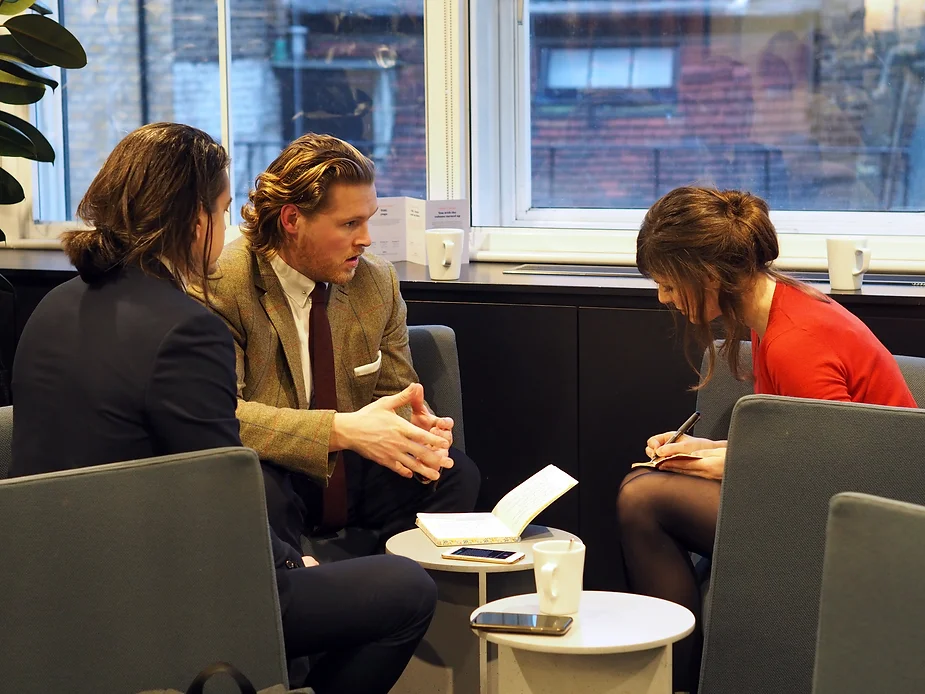
Do you see that changing in the coming years?
Ben: Definitely. Now we’re seeing this big shift – we’re at a really interesting inflection point. At the beginning of 2020, we saw a massive groundswell of change through activists like Greta Thunberg and Extinction Rebellion. We’ve just seen the awful news across Australia about the bush fires and the world’s eyes are now focused on the investment industry – on how they respond. There’s a big question mark over whether asset owners like pension funds and asset managers are going to show the bold ethical leadership that is needed.
For Jon and I, we see impact investment as a way to make real change.
The best way to influence business and consumer decisions is to reshape the capital that underpins it all. If we can channel more from mainstream finance houses and big asset owners, such as pension funds and family offices, then we’re going to shift the dial on global issues like social inequality and climate change. It’s a win-win.
How do you help pension funds to incorporate ethical impact investing?
Ben: Jon and I sit right at the strategic start of the process. Using research and bringing in environmental experts, we help institutional investors and asset managers pinpoint what exactly their customers are asking for. We’re working with some experienced people in fields of climate science, natural capital and impact reporting, to actually bring that expertise into the boardrooms of the financial industry.
We put the issue on the table. Essentially, we’re asking, “what is your role as a responsible investor?”. Then we work together to figure out how to get there.
Jon: We are completely independent. We don’t have our own funds; we don’t have an own ulterior motive. We help them to define what their outcomes need to be and then we can help point them in the right direction. By removing every obstacle that prevents institutions investing with impact, we can format that road-map to help them find the best solution for whatever their strategy is.
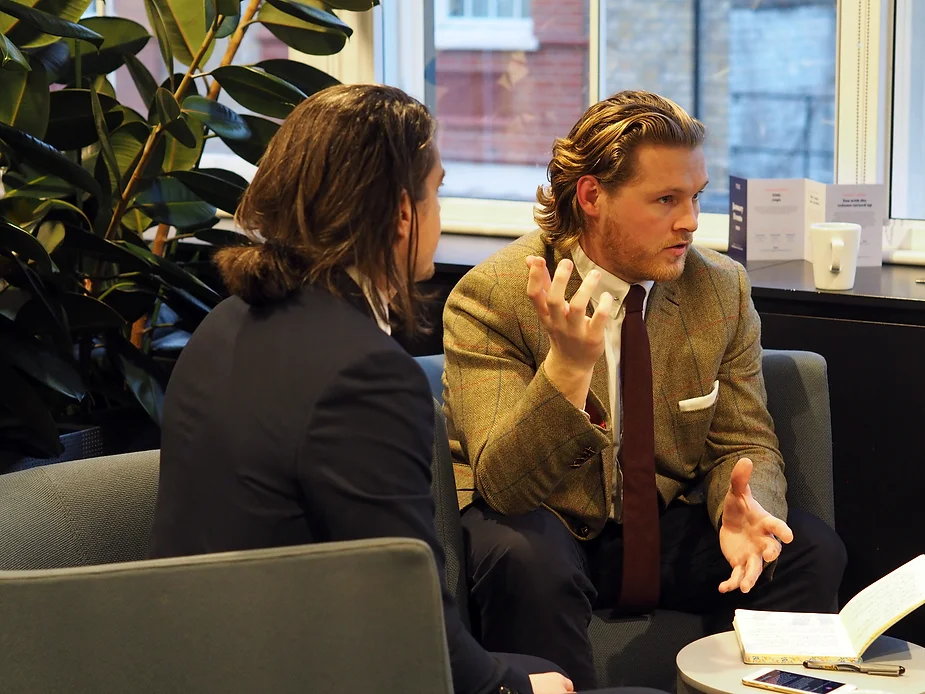
What is greatest obstacle to impact investing?
Jon: Last year we were involved with some market research. We asked of a roomful of the country’s largest pension funds quite simply, what is the biggest barrier preventing you from investing with intentional impact? It wasn’t lack of returns; it was lack of knowledge.
So, there are people out there with this sense of purpose and they want to do more … but don’t know how. We basically plug that knowledge gap.
Ben: Yeah, top of the list was ‘lack of information’, by far. That definitely surprised us because this was in October 2019. We were convinced that at that point the “myth” of impact investment (being something where you had to sacrifice financial returns to achieve impact) had been debunked. But actually, what we heard from that room of institutional investors was there’s the information lacking. So, for our business, which has a strong impact investment communications focus, we knew that was an area that we could help.
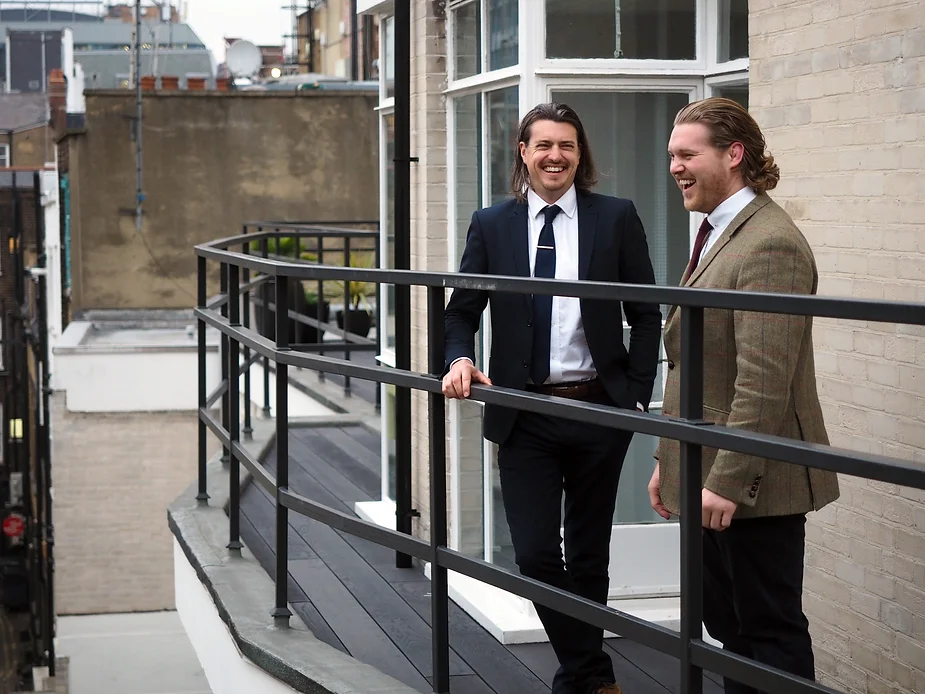
Why did you decide to start this business?
Ben: A few years ago, we were both working in completely different industries – I was in sports marketing and partnerships – I’ve always loved rugby so it was a cracking job for me at the time.
Jon: My background is film-making; documentaries mostly for charities or third sector, and I would end up on these sometimes quite ridiculous expeditions or awareness raisers for a particular cause.
Ben: Around the same time, we both went through significant events in our personal lives, which forced us into a period of reflection. Separately, we both realised that we wanted to make our lives more meaningful. Later, when we met through a mutual contact, we decided to set up Ethical Compass Management together to help make a truly positive difference in the world.
Jon: Personally, I hate the fact that money does make the world go around.
It pains me to know that money is the beginning of everything, pretty much controls everything. But there’s no point living like that and just fighting against it.
With this we’re jumping in headfirst and trying to use that money beast for something good and I think that is the most fulfilling thing.
There’s no way I would have ever, ever expected to have ended up working with pensions ten years ago. No chance. But actually, it is where the biggest impact is going to happen.
Ben: There’s a huge opportunity to make a difference with pensions. We’re providing our solutions with an aura of hope rather than of doom. And I think there’s enough doom out there. So, let’s have some hope in our lives, and a little more inspiration.
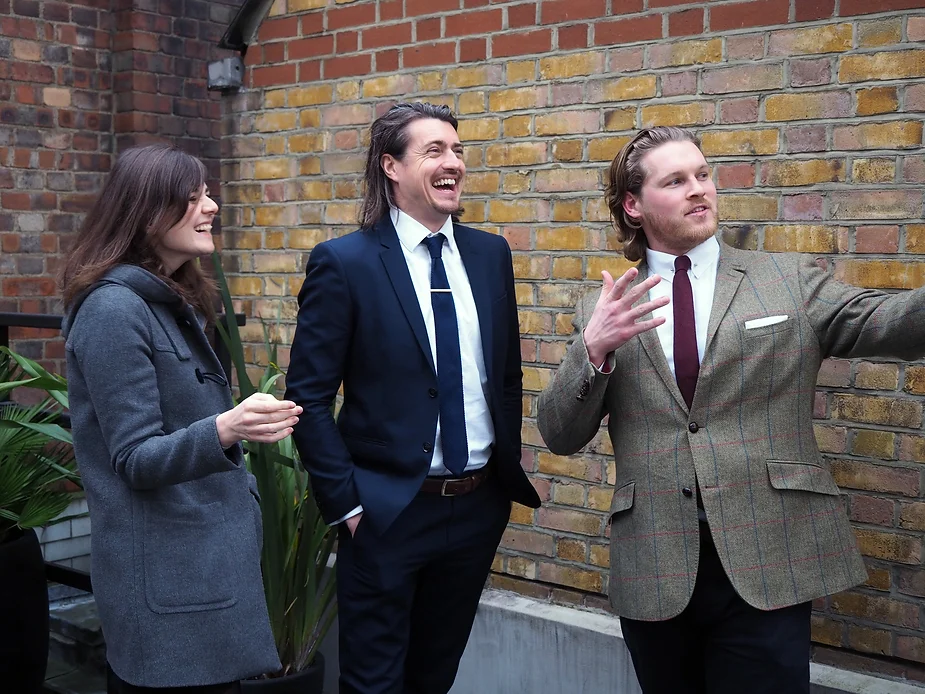
What would be the end goal for you?
Jon: Currently impact investing is always a peripheral service. It’s always around 1-10% of the investment plan. When it is offered, often it’s either with a separate person or department. We’d like to see it integrated to every investment strategy so that impact becomes the norm and investing in anything that isn’t positive for the environment or society is considered the niche.
We’d like to live in a future where you get asked if you’d like to invest in earth-destroying investment solutions as an option, rather than the other way around. That’d be a success. Definitely.
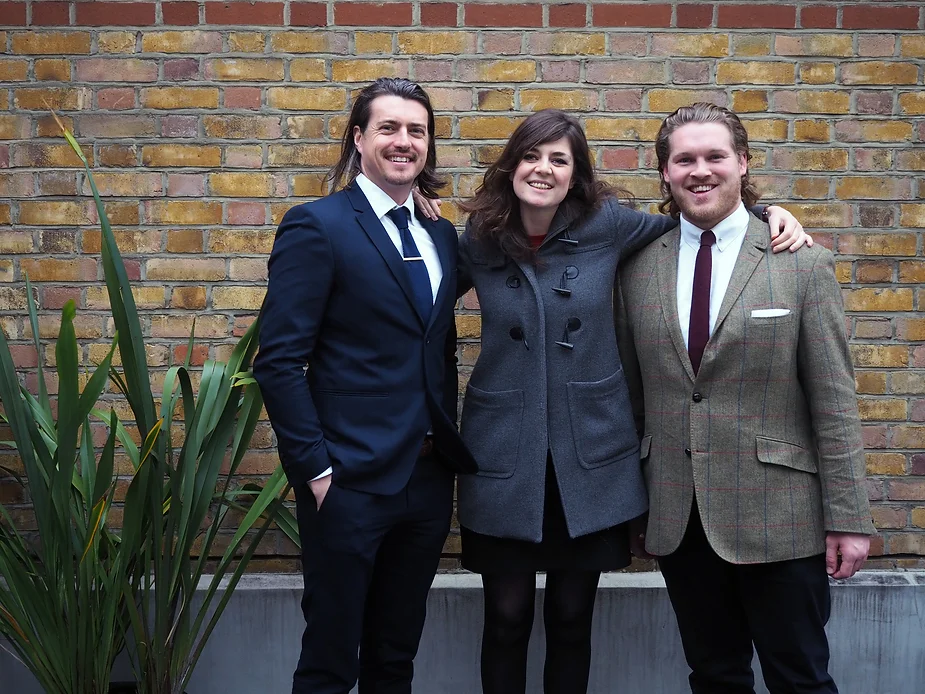
Many thanks to Ben Holden, Jon Maguire and Jennine Bryant📸 . 👍👍👍



